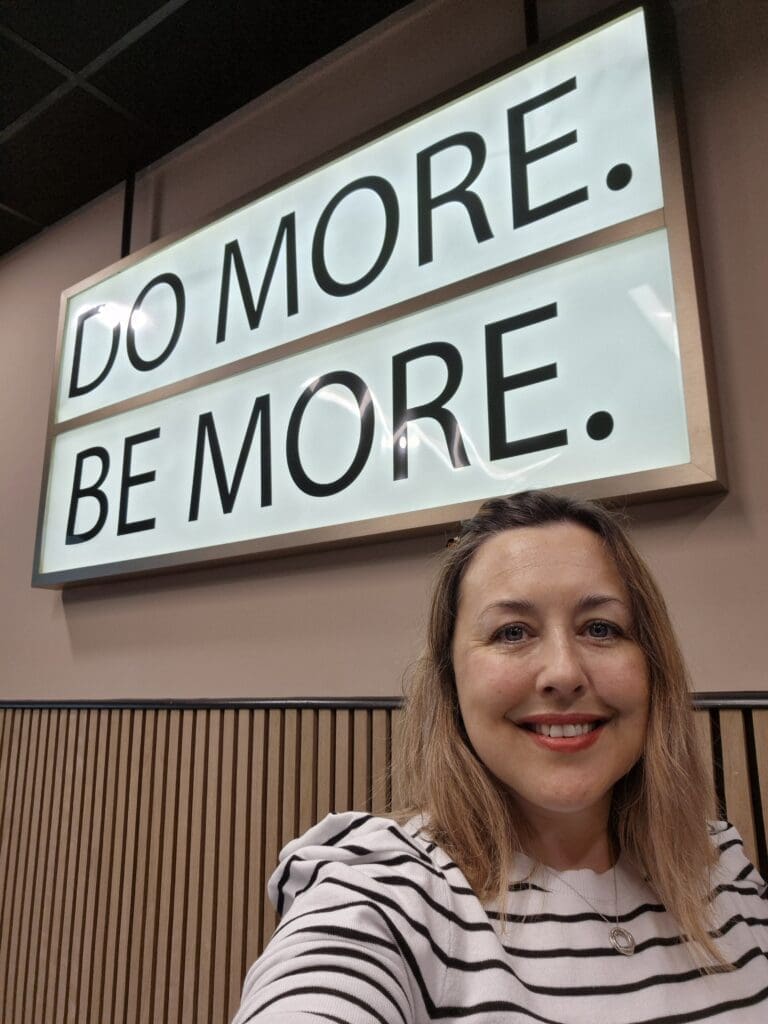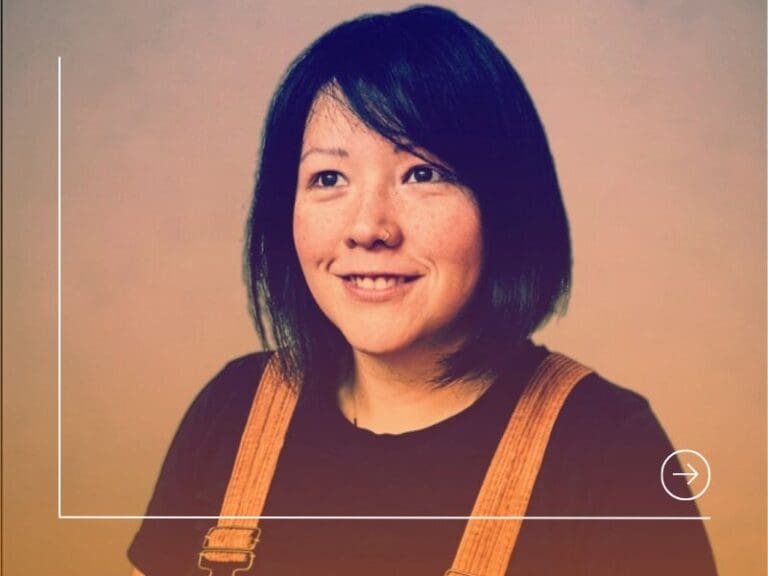Reflecting on your career trajectory, what pivotal moments or strategies led you to your current leadership position? Was it a result of meticulous planning or a series of opportunities seized along the way?
I’ve always had a very curious mind and have been fortunate that the various businesses I’ve worked for have been incredibly supportive of their current colleagues being trained and promoted into different roles.
I started my career as an outbound call centre admin, sending jobs to utilities meter readers. I wanted to know how the system worked, so I moved on to the systems admin team, which led to a role as a first-line support service desk technician, echoing the iterative learning process described in the Spotlight Series: Neha Sampat, CEO, Contentstack. This eventually led to a QA testing role. At that point, I moved to a new company, which was my introduction to Agile working, specifically Scrum. This was when I knew I was destined to become a Scrum Master, with the help of some incredibly supportive Agile folks.
As a seasoned professional in your field, what do you consider the cornerstone roles crucial for success, and what prompted your decision to specialize in your current area of expertise?
Having used the waterfall development model previously, what stood out to me when I started using Agile was the transparency and collaboration between everyone at every part of the journey . Communication is the most important thing to get right, and constant feedback helps you to stay on the right track, meaning that the product you request is more likely to be the product that you get at the end.
Throughout your career, have you drawn inspiration from particular figures in the tech or business realm? How have their principles or achievements influenced your professional journey?
Simon Sinek is a real inspiration to me, notably his leadership style of trust in the team and focus on inspiring rather than micromanaging. Another inspiration was my line manager at my previous workplace. Her style was to coach rather than tell, and this really helped me to grow as an Agile practitioner and gain confidence in my skillset.
Looking back, what accomplishments stand out to you as the most significant or emblematic of your career thus far?
I think one of my biggest accomplishments has been defeating that little imposter voice in my head telling me that I’m bad at my job and that everyone is laughing at me. Imposter syndrome held me back for such a long time, but I’ve been very fortunate to have worked with some brilliant and encouraging people who have helped me to have confidence in my skills and to mute the imposter.
Walk us through a typical day in your role. How do you prioritize tasks and manage your time effectively at this stage of your career?
When I first log in for the day, I catch up with my admin tasks before all of the meetings start. Then I facilitate Daily Scrum meetings for both of my teams, so the Developers can coordinate their day. Then I’ll meet with my Product Owners to check the health of the backlog and get together with the teams to refine the backlog so they have at least two sprints worth of ‘Ready’ work, which can be planned into the next sprint (a sprint is an increment of time, usually 2 weeks but between 1-4 weeks in length).
I ensure that the team is continuously improving by using feedback from the sprint review and sprint retro with the aim of always making the next sprint their best ever. I have frequent check-ins with Scrum Masters from the other Scrum Teams to keep up to date with the rest of the products we’re developing and discuss any crossovers.
It’s not part of a standard working day, but the time between the end of one sprint and the start of the next is a big facilitation day in a Scrum Master’s calendar. It’s when we facilitate the ‘Sprint Ceremonies,’ where the team reflects on what they’ve done during the sprint and shares it with the business stakeholders, as well as plans what’s next.

From your vantage point, what skills or attributes do you find organizations prioritize when seeking leaders in your industry? How have you honed and demonstrated these qualities in your career?
I find that honesty and transparency are key attributes. Don’t wait until it’s too late to fix an issue. If you speak up early, then often mitigations can be put in place, but this can’t be done if you sit on it until the situation is beyond help. Being able to admit when you’re wrong is a good quality to have and is often more valuable than charging on in the wrong direction just to try and save face.
Reflecting on your journey, have you encountered resistance or support in your pursuit of continuous learning and professional development within the tech sector? How have you navigated these dynamics?
The role of a Scrum Master is as a servant leader, so the biggest resistance I’ve found is companies wanting Scrum Masters to line manage their Scrum Teams. It’s a huge conflict of interest and can be damaging to the Scrum Team’s autonomy to self-organise.
As a seasoned professional, have you grappled with insecurities or anxieties at different stages of your career? If so, what strategies have you employed to overcome them and maintain confidence in your abilities?
Finding a coach is a really good way to overcome your insecurities and anxieties. Instead of someone telling you how to do it, you come up with the answers to your challenges yourself with a bit of encouragement, oftentimes with someone holding up a metaphorical mirror to you. Because you’ve come up with the answer yourself, it does wonders for your confidence.
Considering the daunting nature of stepping into a leadership role for the first time, especially at a senior level, what advice would you offer to individuals who may feel overwhelmed by the challenges they face?
As a leader, I start with trust. Every person on each of my teams is smart and excellent at what they do. As a leader, just let them do their great work and make yourself available. Have a curious mind. Ask your team to talk you through the product, and ask them if they have any issues that you can help with. You’ll get the rest in time.
If you’re truly overwhelmed, just remember that everyone in a senior role has taken this first step, so don’t be afraid to ask for help if you need it.
What guidance would you provide to women aspiring to advance their careers in the technology sector, drawing from your own experiences and observations of industry dynamics?
I say if you want to do something, just go for it. Try to find local meetups as these can be invaluable for meeting people in similar roles and for getting advice from peers. It’s also great for exposure and will enable you to build a good network of contacts in the technology sector. This can help you to learn about various industries and help in the search for your perfect role.










